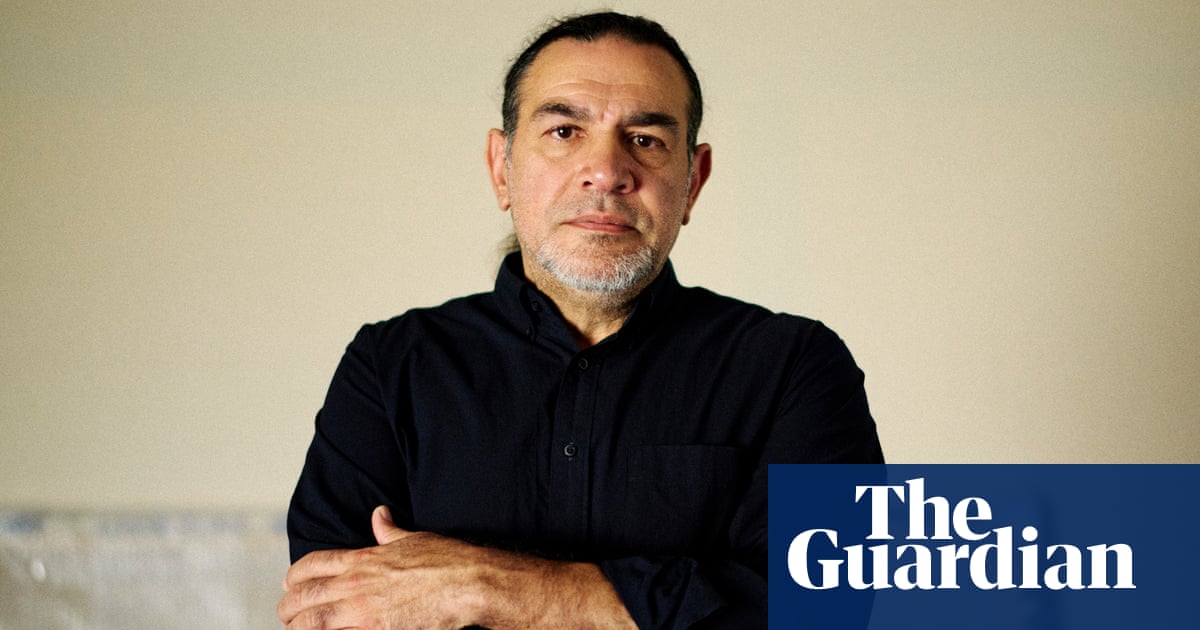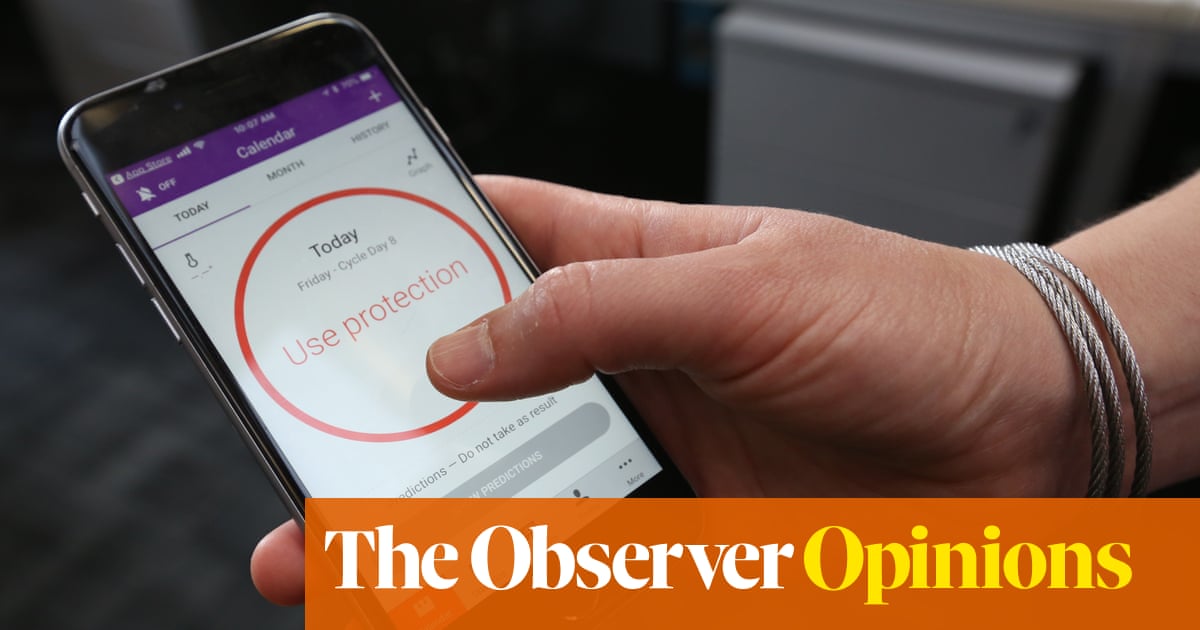Gisèle Pelicot’s decision to waive her anonymity and hold a public trial after her husband drugged her and invited dozens of men to rape her over a decade was made in the hope of ending rape culture and rape itself, her lawyers have argued.
Summing up in court in Avignon, southern France, after more than two months of hearings, Stéphane Babonneau, one of Gisèle Pelicot’s lawyers, said: “We don’t believe rape is an inevitability. This is a country of progress … Rape is not part of the future of society that we want.”
Antoine Camus, another of her lawyers, said Gisèle Pelicot and her children hoped that making the trial public would lead to “a change of mentality and a better future that ends this violence from another age”.
A total of 51 men are on trial over the rape of Gisèle Pelicot, whose then husband, Dominique Pelicot, crushed sleeping tablets and anti-anxiety medication into her food and drink, inviting dozens of men to rape her while she was unconscious over a nine-year period from 2011 to 2020 in the village of Mazan in Provence. Dominique Pelicot has admitted the charges, telling the court: “I am a rapist.”
Some of the men have admitted rape but many denied it, saying they did not know Gisèle Pelicot was drugged, despite video evidence showing her unconscious and snoring loudly.
Gisèle Pelicot, 72, a former logistics manager, has become a feminist hero after insisting that the trial be held in public to raise awareness of the drug-induced rape and abuse. “It’s not for us to have shame, it’s for them,” she has said.
On Wednesday Babonneau said Gisèle Pelicot “does not regret for one second her decision” to hold the trial in open court and force a public debate.
He said: “In opening the doors to the courtroom, she didn’t just want to show the crude reality of rape, but also the way in which in France in 2024, people still defend rape.”
He said it was unacceptable to hear the majority of men in court admit, when confronted with video evidence, that sexual acts took place but deny they constituted rape. Many of the accused have said they did it by accident, involuntarily, unintentionally or because her husband had said it was fine.
He said the argument of many men that they had “made a mistake” in raping Gisèle Pelicot while she was unconscious in her bed “puts the whole of society in danger because it risks more cases like this”.
Babonneau said that Gisèle Pelicot’s situation – for which she has won support all over the world and is applauded by crowds upon arrival to court every day – was exceptional.
after newsletter promotion
“Not all rape victims are lucky enough to be applauded every morning and emerge from court to a guard of honour by supporters encouraging them back in the next day,” he said. “That situation usually does not exist. Most go through this alone, shut in the courtroom with their rapist.”
He said the Pelicot courtroom hearings were a kind of “laboratory” that would lead society to reflect on rape. Camus said there must be a rethink of how defence in rape cases works, saying the trial had shown “that in a rape case in France in 2024 there is still discussion of whether you’re a good victim – as if there was such a thing as a good or bad victim of rape”.
Camus said: “Those defence strategies no longer have a place in court in France in the 21st century.
“How in France, in 2024, can a woman still be subjected to what was inflicted on Gisèle Pelicot for at least 10 years? How in France can we find at least 50 men – but in reality it was around 70 men [some of whom were never identified by police] – within a 50km [31-mile] radius, to come and, without even talking to her, sexually abuse this inert body that appeared dead?”
Next week, public prosecutors will recommend sentences. Then defence lawyers will take several weeks to sum up for the accused. The panel of five judges will deliver their verdict on 20 December.

 3 months ago
52
3 months ago
52













































